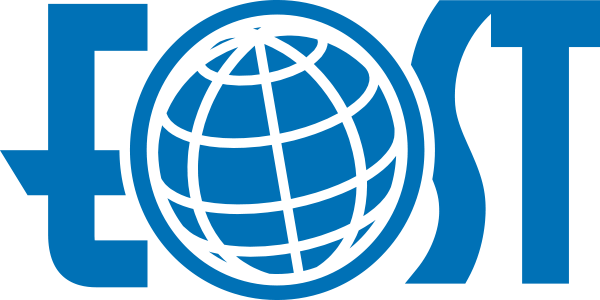Stage de diagraphie
Diplôme d'ingénieur de l'École et observatoire des sciences de la Terre (EOST)Parcours Diplôme d'ingénieur de l'EOST
Description
Le stage se déroule dans les Vosges sur 2 jours au mois de mai. Les étudiants travaillent sur des forages de 40m et 80m de profondeur sur lesquels sont proposés 4 ateliers :
- A1 : Mesures thermiques et de conductivité électrique
- A2 : Radar en forage
- A3 : Profils sismiques verticaux
- A4 : Résistivité électrique et log sonique
Les étudiants passent ensuite 2 jours en salle informatique pour traiter leurs données, interpréter les résultats et écrire un rapport de stage.
The course takes place in the Vosges over 2 days in May. The students work on 40m and 80m deep boreholes on which 4 workshops are proposed:
- A1: Thermal and electrical conductivity measurements
- A2: Radar in drilling
- A3: Vertical seismic profiles
- A4: Electrical resistivity and sonic log
The students then spend 2 days in a computer room to process their data, interpret the results and write a report.
A la fin de ce cours, vous serez capable de :
Comprendre l’intérêt et la complémentarité des méthodes de diagraphie
Mettre en place et réaliser des mesures de diagraphie sur le terrain
Analyser des mesures de diagraphie avec des logiciels adaptés
Interpréter des résultats de mesures de diagraphie pour déterminer les propriétés d’un milieu fracturé.
Écrire un rapport
Understand the objectives and complementarity of logging geophysical methods
Set up and perform logging geophysical measurements in the field
Analyze logging geophysical measurements with appropriate software
Interpret logging geophysical results to determine the properties of a fractured media.
Compétences visées
L’objectif du stage est de se familiariser avec diverses techniques de diagraphies et observer comment des mesures complémentaires permettent de caractériser un aquifère en milieu fracturé.
The objective of the course is to become familiar with various logging techniques and to observe how complementary measurements can be used to characterize an aquifer in a fractured environment.

